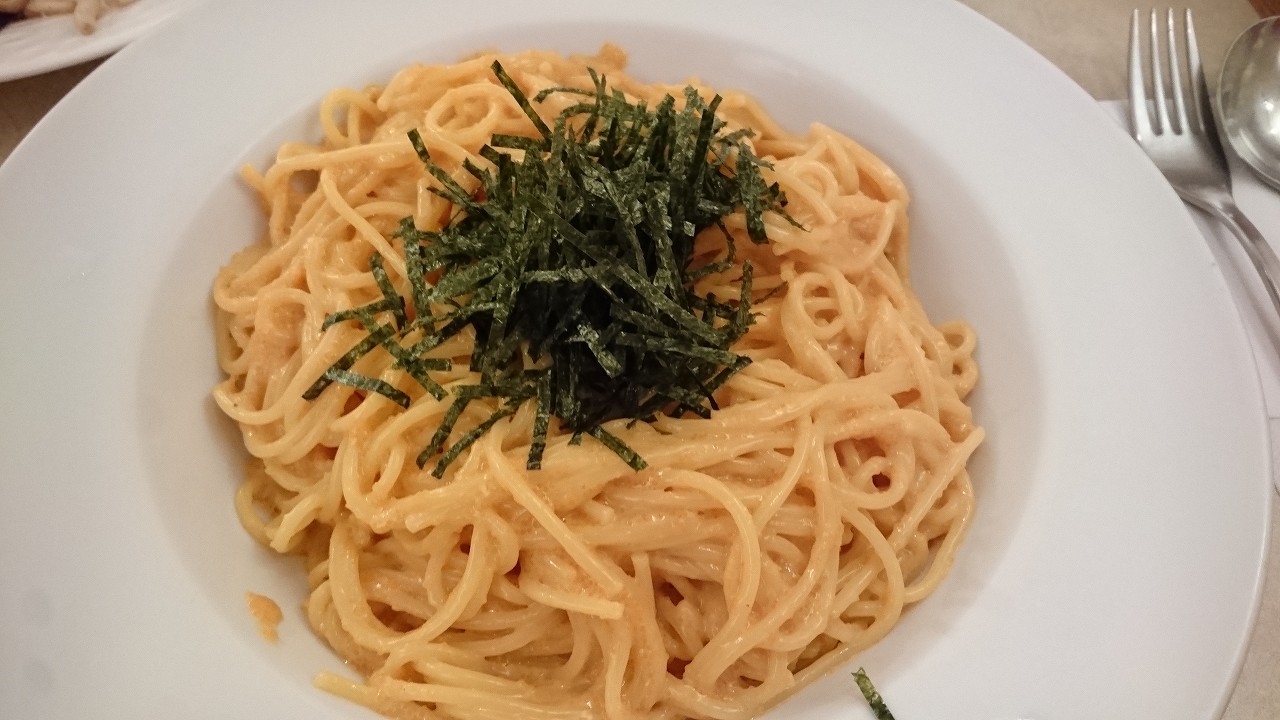Hi this is Yuyujin.
I would like to add some to the previous comment.
At the last time I said,
The proper sentence of “Taberu Daijyobu?(たべる だいじょうぶ)” is
“Tabetemo Daijyoubu Desu Ka(たべてもだいじょうぶですか)”.
If you speak a full sentence, it is correct.
But in daily life, we just say “Ii Desu Ka(いいですか)”.
We use this simple phrase as you say “May I?” in English.
Today I would like to introduce useful phrases.
That makes your Japanese more natural and easy.
Let’s get started.

When I study languages, I study “a correct full sentence”.
But in daily life we use simple easy phrases a lot.
Japanese also uses simple easy phrases in the same way.
Those phrases are useful and convenient.
“May I?”, “Can I?” or “Excuse me”
Phrases for permission like these are as below.
Ii Desu Ka (いいですか。)
Ii (いい。)
You can say just “Ii (いい)” to your family and your friends.
When you speak these phrases, you raise the pitch at the of the phrase slightly.
Because they are questions.
When you ride a bus or a train, you want to sit beside of someone.
You say “Ii Desu Ka(いいですか)” before you sit there to check the seat is empty.
This usage is like “May I” in English.
When the seat is available, the person say “Douzo( どうぞ)”.
“Douzo(どうぞ)” means “Sure” in English.
When the seat is not available, the person say “Chotto…(ちょっと、、、)” with troubled face.
“Douzo( どうぞ)” is also a useful phrase.
When you ride a bus or a train again, a seat in front of you is empty.
And the aged woman comes in, when you give that seat to her you will say “Douzo(どうぞ)”.
Here “Douzo(どうぞ)” means “Go ahead.”
When you give a way to someone, you will say “Douzo(どうぞ)”
Here “Douzo(どうぞ)” means “After you.”
“Chotto(ちょっと)” is also a useful expression.
Direct mean of “Chotto(ちょっと)” is “little bit”.
“Chotto(ちょっと)” with troubled face shows that the fact is a little bit trouble for the man.
When you want someone to pay attention to you, you will say “Chotto(ちょっと)”.
In this case “Chotto(ちょっと)” means “Excuse me” in English.
“Chotto(ちょっと)” means “Pay attention little bit.”
“Gomennasai(ごめんなさい)” is also used to make someone pay attention.
When you want to know the direction, you can say “Chotto(ちょっと)” or ”
Gomennasai(ごめんなさい)” before asking the direction.
OK, that’s it.
Thank you so much.
Have a good trip!



コメント